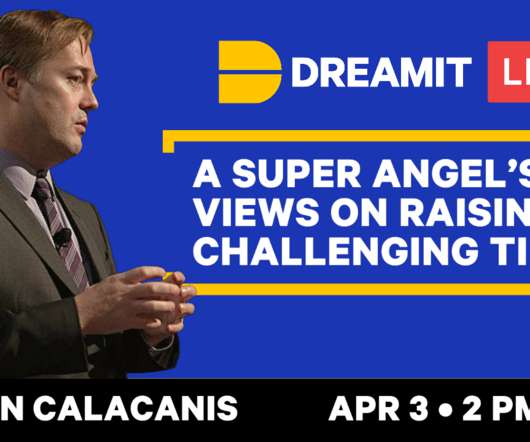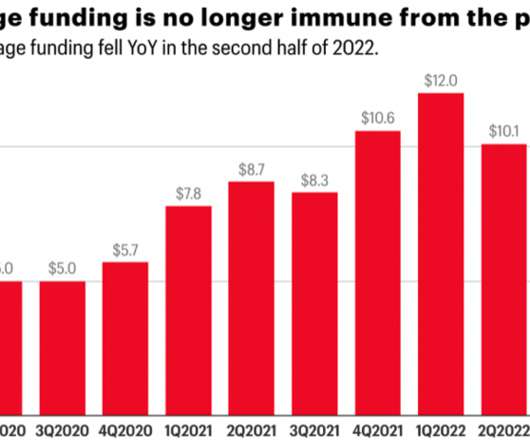Should Founders Still Raise in an Economic Downturn?
Dream It
APRIL 8, 2020
Jason sat down with Steve Barsh , Managing Partner of Dreamit, to give founders relevant downturn strategies. Having been at the forefront of the dot-com boom, 9/11, and the financial crisis of 2008, Jason knows what it takes to survive this downturn. In fact, Jason started investing during the financial crisis.














Let's personalize your content